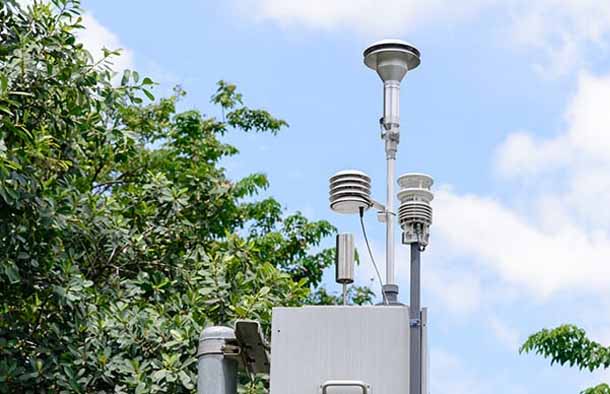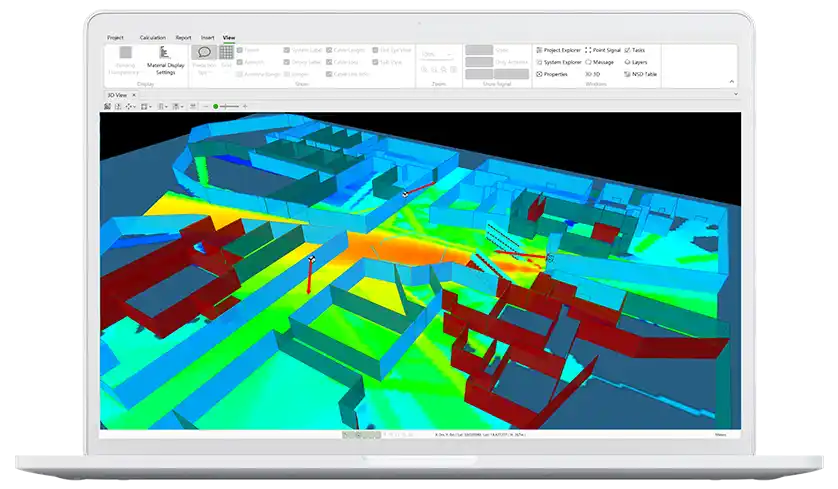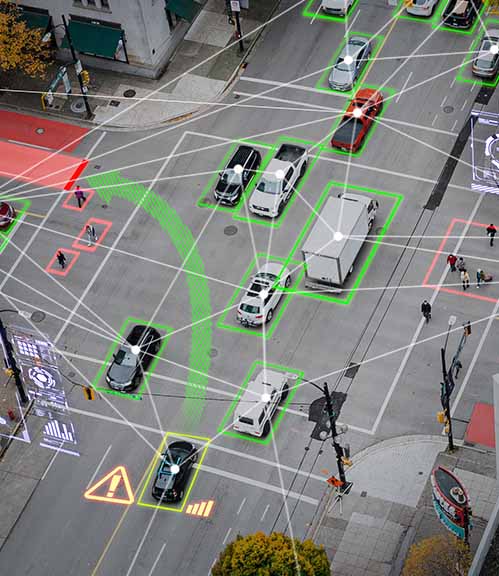The improved efficiency/ optimised scheduling of public transport, using SM solutions, will benefit the working class who rely on such transports by reducing their cost of travel and trip time. This project will also provide environmental benefits such as reducing congestion and therefore CO2 emission, resulting in better air quality and improving the health of the residents in large cities.
Our objective

Research News
Explore our Research News
Discover how our cutting-edge research projects are shaping the future of wireless network technology



